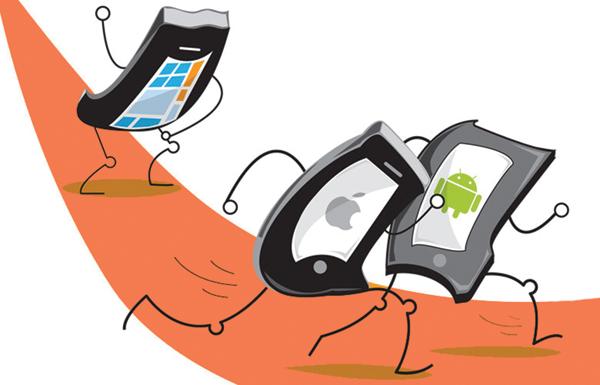You are here
Not so fast please
By Jean-Claude Elias - Sep 22,2016 - Last updated at Sep 22,2016
It is like medicine dosage — it has got to be just right. Too little won’t cure you and too much will hurt you. Technology innovation must be fast but not too fast, at the risk of becoming a nuisance instead of a benefit.
Recent manufacturers misfortune is here to prove that too fast can be harmful to makers and consumers alike.
So Samsung has just had issues with some of its new flagship Galaxy Note 7 smartphone bursting into flames while being recharged. It is to be pointed out, however, that hardly a handful of units, for each million units sold, are affected. The Korean company is taking corrective action with a massive recall.
Last July a driverless Tesla car killed its passenger because of a flaw that made it to over speed. World number one carmaker Toyota has also had to do vehicles recall not long ago. Last August, it concerned some 300,000 vehicles recalled to “replace both rear suspension arm assemblies”.
Luckily for companies like Microsoft a “recall” to fix less-than-perfect software products is always easier than with cars or smartphones, for no physical action and dramatically expensive action is required. All that Microsoft has to do, whenever certain aspects of a hastily deployed new release of MS-Windows of MS-Office are involved, is to send users an update or a quick fix via the Internet — et voilà.
Naturally, minor software imperfections have less serious consequences than battery defects that cause a machine to go up in flames, or cars that cause accidents and hurt people, or even medicine that is not enough tested and has unpredictable side effects. However, the concept, in theory, is the same. Why doesn’t the industry take the time that is necessary to make safe, well tested, flawless products? For it definitely has the means to do so. Why, when it comes to high-tech and electronics, are equipment and software getting so complicated overnight?
Well, actually we all know why the industry doesn’t take the time; it’s simply to remain competitive and to achieve higher profits. So the question rather is “how come government regulations do not impose more rigorous measures in terms of quality control?”
Any responsibility on the consumer side? There may well be some.
We always want more and we want it now. Smartphones, computers and cars with more features and functionality, faster processors, better cameras, fancier cars, batteries with longer life, we never seem to have enough of them. It is actually a vicious circle whereby the industry keeps feeding us with these and we helplessly fall in the trap, always demanding more. Did you say addiction?
But again, and as the title of this article implies, a wiser global strategy would simply consist not of giving up on improving products, designing better ones or giving consumers innovating products, but by releasing them at a more reasonable frequency, by taking the time to bring them somewhat closer to perfection, or at least with no major flaw.
There is another consumer complaint that is often heard and it has nothing to do with products flaws; it is the time to adapt to innovation. Things are really going too fast, by any measure. I recently had the chance to test drive a new car in Amman; a high-end luxury SUV. Whereas I loved the car, I found that it has so many new gadgets, features, options, screens, bells and whistles of all kinds — many of them having nothing to do with the pure, essential automotive requirements — that even for the tech-head in me it was just too much. I was thinking about the time it would take the average driver to learn and to master all these innovations, to put them to good use; and how long it would take before most of them will break or fail.
I still doubt it that any industry is going to slow down innovating and manufacturing. This is just the way it goes. We just have to adapt.
Related Articles
SEATTLE — Microsoft, after failing to build a smartphone hub to rival Google or Apple, is trying to change the conversation.At Microso
As CES ballooned into an overwhelming crush of products, press events and panels in recent years, longtime attendees grumbled that the consu
DETROIT — In a world where motor vehicles can be weapons and cars increasingly depend on internal computers and Internet connections, automa

















